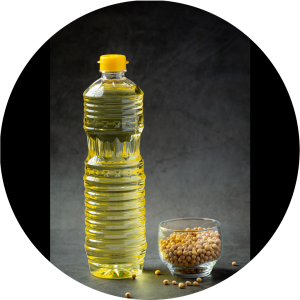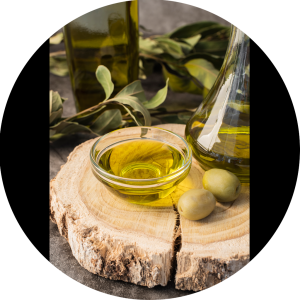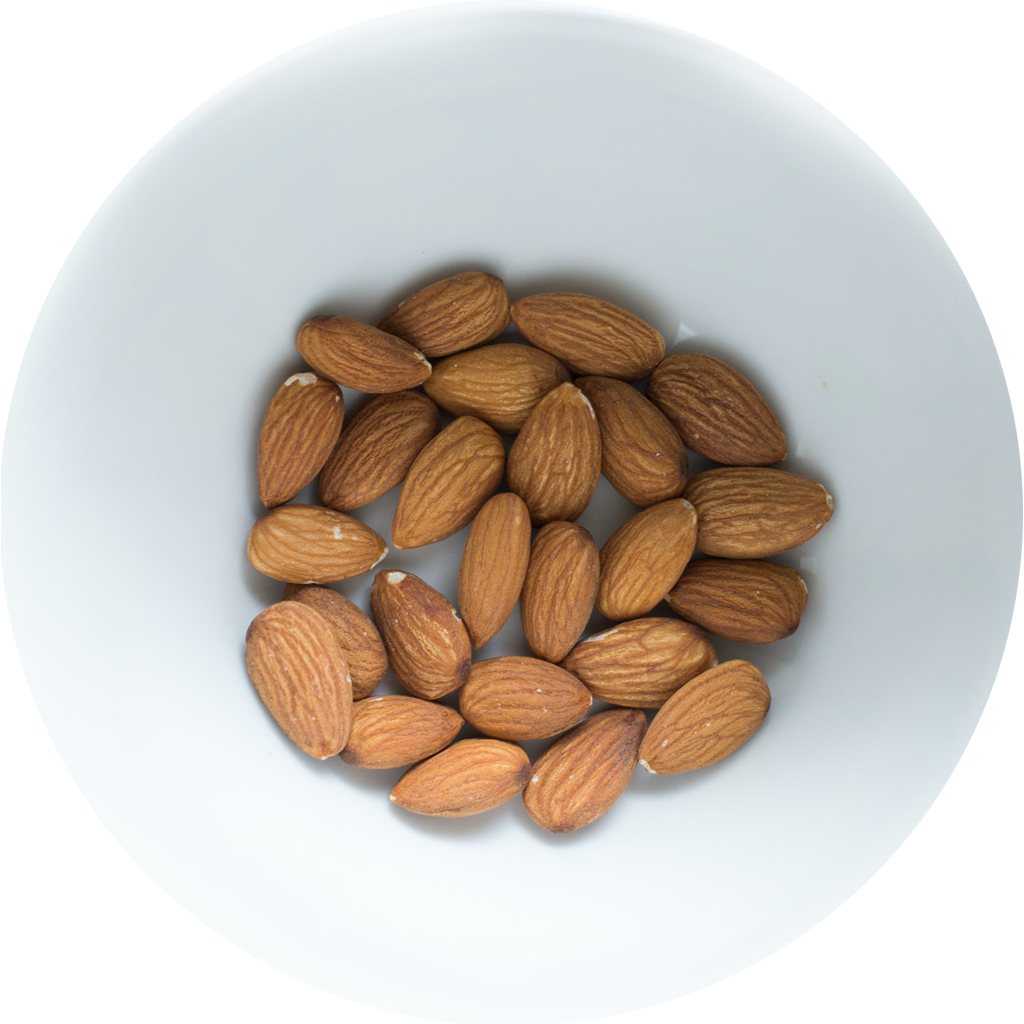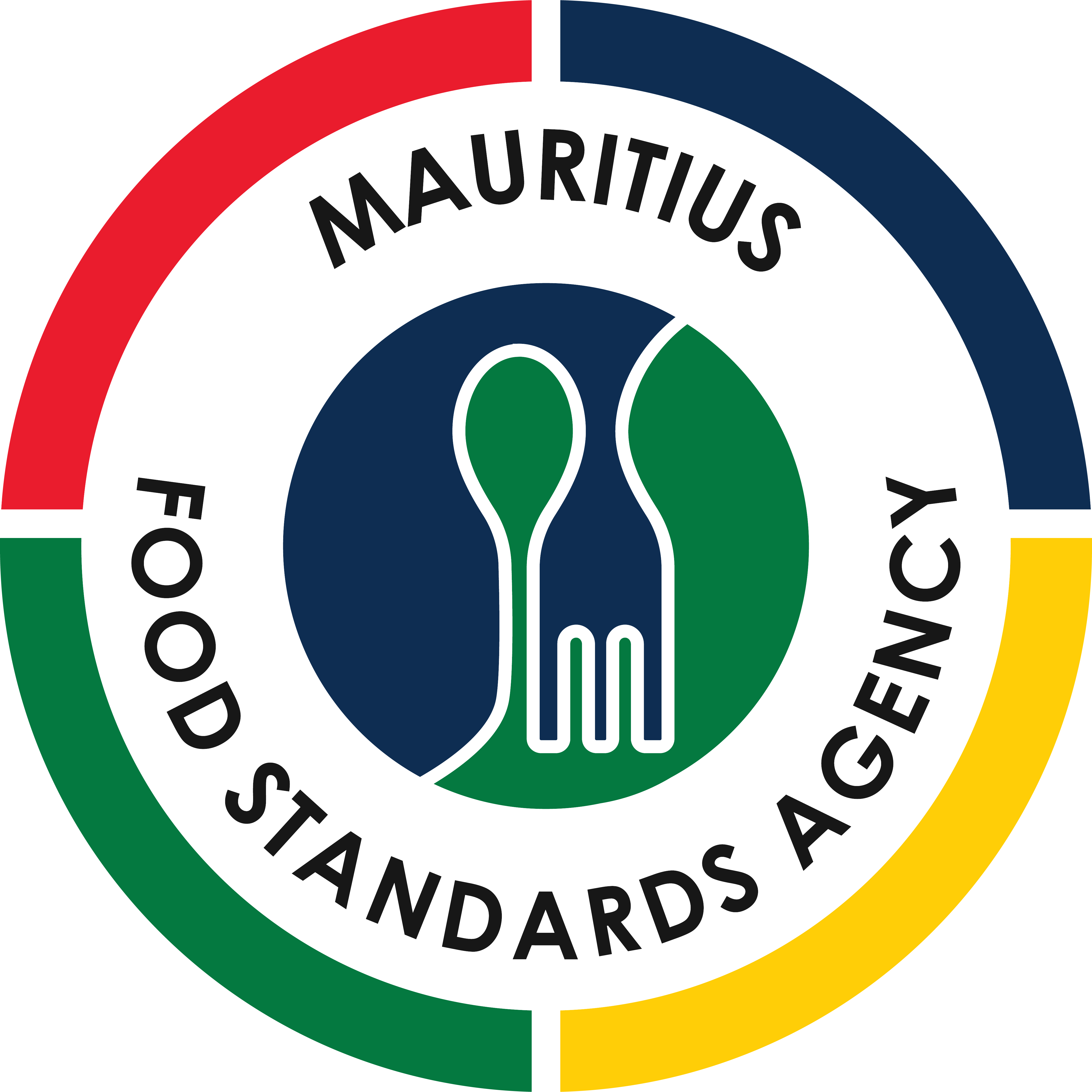Corporate
Event
Aenean non accumsan ante. Duis et risus accumsan sem tempus porta nec sit amet est. Sed ut euismod quam.
Wedding
Reception
Aenean non accumsan ante. Duis et risus accumsan sem tempus porta nec sit amet est. Sed ut euismod quam.
Birthday
Party
Aenean non accumsan ante. Duis et risus accumsan sem tempus porta nec sit amet est. Sed ut euismod quam.
Private
Party
Aenean non accumsan ante. Duis et risus accumsan sem tempus porta nec sit amet est. Sed ut euismod quam.
Anniversary
Celebration
Aenean non accumsan ante. Duis et risus accumsan sem tempus porta nec sit amet est. Sed ut euismod quam.
Social
Events
Aenean non accumsan ante. Duis et risus accumsan sem tempus porta nec sit amet est. Sed ut euismod quam.
What are trans-fats?
Trans-fats are unsaturated fats, which can exist either naturally in food like lard or artificially in food such as industrially produced shortening and margarine. Naturally occurring trans-fats originate from ruminants, while industrially produced equivalents result from a process involving the addition of hydrogen to vegetable oil, transforming it into a solid state. Processed foods frequently contain industrially produced trans-fats due to their good spreadability, prolonged shelf life, and cost-effectiveness compared to healthier oil alternatives.
What is the difference between saturated, unsaturated fats and trans-fats?
Saturated fats are solid at room temperature. They are present in butter, cheese, palm oil, fatty part of meat, and coconut products such as milk and oils. Unsaturated fats, liquid at room temperature, are found in various oils and seafood. Trans-fats are semi-solid at room temperature and easy to spread. They are found in margarine, fried foods, and baked goods, including fried street and restaurant foods.
What are the health impacts of consuming foods that contain industrial trans-fats?
Consuming industrially produced trans-fats is linked to a higher risk of diabetes, cardiovascular diseases, and obesity. The World Health Organization attributes approximately 540,000 deaths annually to industrially produced trans-fats. A high intake of industrial trans-fats increases the overall risk of death by 34%, and coronary heart disease-related deaths by 28%. Various studies have connected trans-fat consumption to elevated levels of “bad cholesterol’’, triglyceride levels, increased insulin resistance, and a decrease in “good cholesterol”.
What actions are taken to reduce the intake of industrial trans-fats?
Due to the health risks associated with industrial trans-fats consumption, the Ministry of Health and Wellness have taken steps to reduce their presence in the food supply on the market. The Food Regulations 2024 requires that food manufacturers disclose the amount of trans-fats in their products and the maximum permissible level in food shall not be more than 2g per 100g of total fat present in the food.
What healthy oils should be used instead of trans-fats?

Soybean oil

Olive oil

Almond

Avocado

peanuts
Source: WHO
